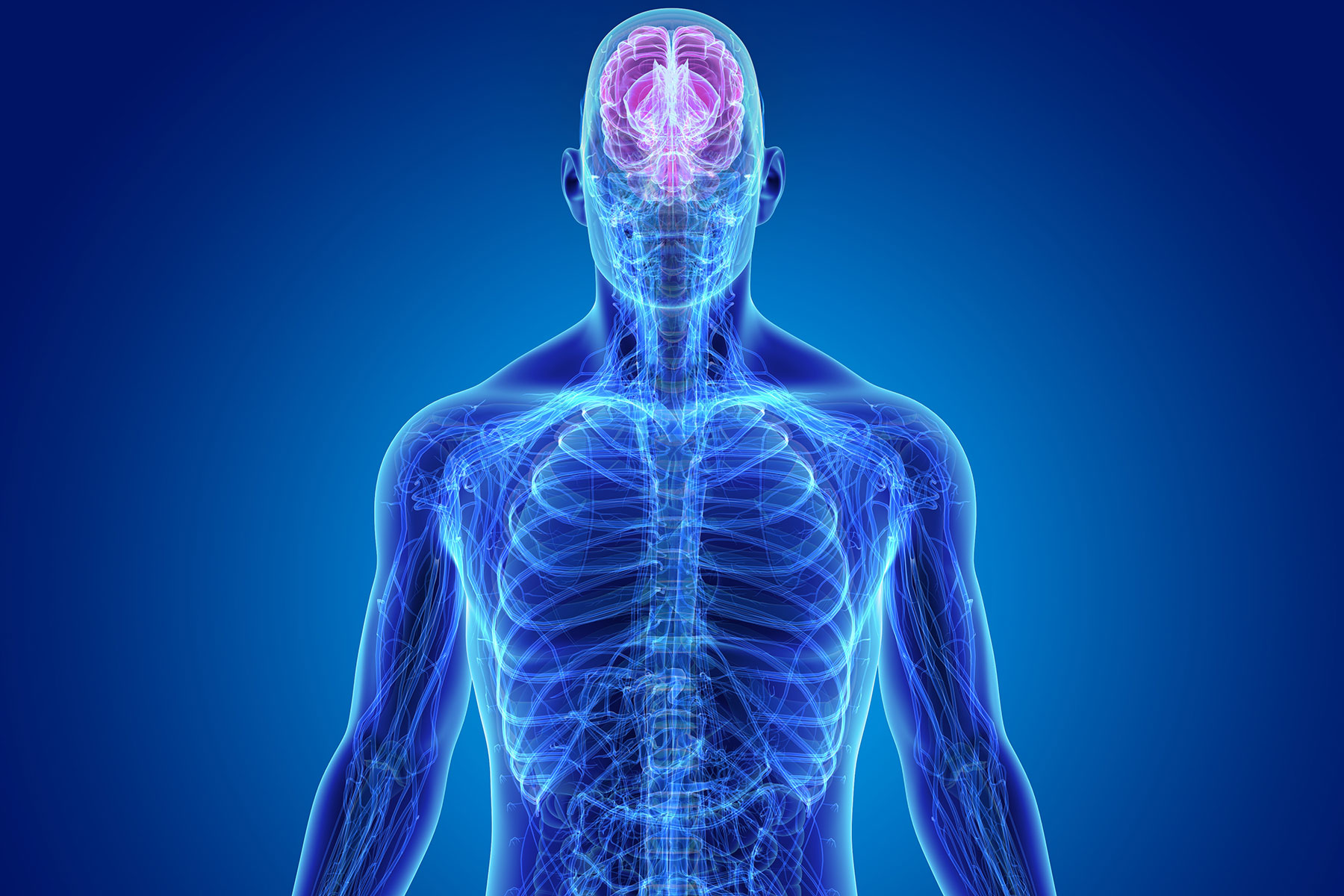Methamphetamine (meth) is a powerful stimulant drug that has become increasingly popular in recent years. The effects of meth on the body are extreme, and its impact on the mind can also be severe. It is essential for individuals who are using or have used this dangerous, highly addictive drug to seek professional help as soon as possible to address health complications.
If you or a loved one is battling meth usage and ready to get help, reach out to BrightView today. Our Ohio, Kentucky, Virginia, North Carolina, Arizona, Maryland, and Massachusetts centers take all insurance and have staff standing by to answer questions. We offer an accredited meth addiction treatment program and look forward to assisting you.
Call 888.501.9865 to get more information or request a referral.
What Are Some Physical Effects of Meth Abuse?
Meth, which can be snorted, injected, smoked, or ingested orally, produces a euphoric rush but poses many short- and long-term risks. While using, people may experience severe paranoia, loss of appetite, high blood pressure and heart rate, violent impulses, and extreme insomnia lasting up to two weeks.
Social impairment is also common among people with meth use disorder. Because the drug is severely addictive, those who use it tend to find their whole lives wrapped up in acquiring and taking meth, then crashing and beginning the cycle again. Neglecting personal health, hygiene, employment, relationships, and even housing is common among those who use this substance.
The long-term physical effects of meth are likewise considerable and include the following:
- Severe dental damage and gum disease – Meth is acidic, meaning it can damage teeth simply through oral contact. Moreover, because users experience paranoia and aggression, they often grind their teeth to the point of extreme wear or cracking.
- Damage to brain tissue and function – Meth is poisonous to the central nervous system. It sabotages the natural circuitry of dopamine, a mood-regulating chemical, destroys brain tissue, and raises the risk of stroke, coma, and even death.
- Heart disease and cardiovascular damage – Even with limited usage, meth dangerously raises the heart rate. Over time, its effects are even more severe. Blood vessels can become permanently constricted; heart tissue may be inflamed and weakened; and cardiovascular disease and heart attack are significantly more common.
- Parkinson’s Disease – Meth deteriorates the brain’s substantia nigra area, which can cause physical rigidity and other movement challenges, elevating the risk of developing Parkinson’s Disease.
The effects of meth addiction can be devastating. Fortunately, meth addiction treatment can stop the effects of methamphetamine and help people recover physically and mentally.
What Happens in Treatment for Meth Addiction?
The first step in addressing meth usage is to get a professional consultation and assessment from a medical provider, which can determine the level of care needed. Medical intervention may be necessary if physical symptoms have progressed past a certain point. In this case, individuals may benefit from short-term hospitalization followed by inpatient treatment in a meth rehab program.
Other critical but less intensive interventions include talk therapy, which is vital in treatment. Individual counseling helps patients in recovery identify their triggers and teaches methods for reframing negative thoughts. Therapists can also identify dual diagnoses, cases where substance use disorder exists simultaneously with a mental health issue like depression or bipolar. Treating co-occurring disorders is critical in recovery since it reduces the chance of relapse and better meets patients’ needs.
Group therapy or support groups such as 12-step programs can also be helpful. They encourage patients to remain accountable during their healing journeys and begin repairing the damage done to their broader social circles. Building a peer community through these groups likewise creates a judgment-free support network. It allows patients to benefit from the lived experience of those who have gone through similar recoveries.
Call Today to Get Help with Meth Use Disorder at BrightView
If you or someone you care about experiences adverse effects of meth on the body, reach out to BrightView. Our meth rehab program uses evidence-based interventions to promote lasting recovery and wellness.
Complete our online form, or contact us today at 888.501.9865 for information on treatment for yourself or a loved one. With our vast range of services, numerous centers throughout the U.S., and commitment to short wait times, you can start to feel better tomorrow.
